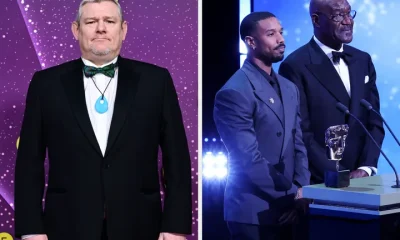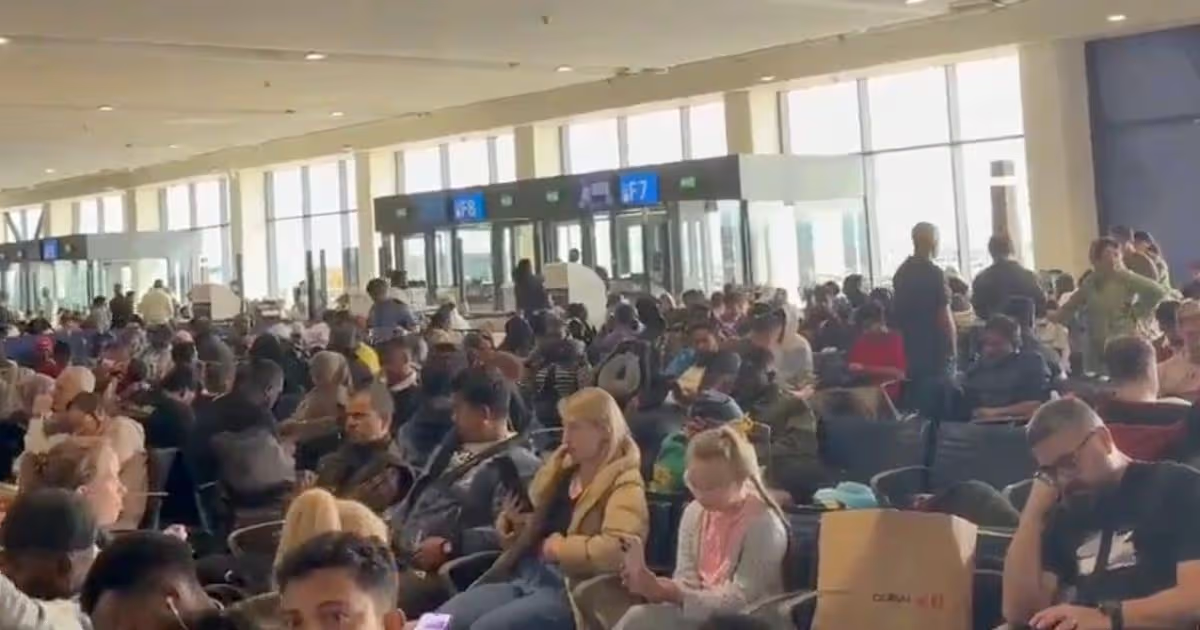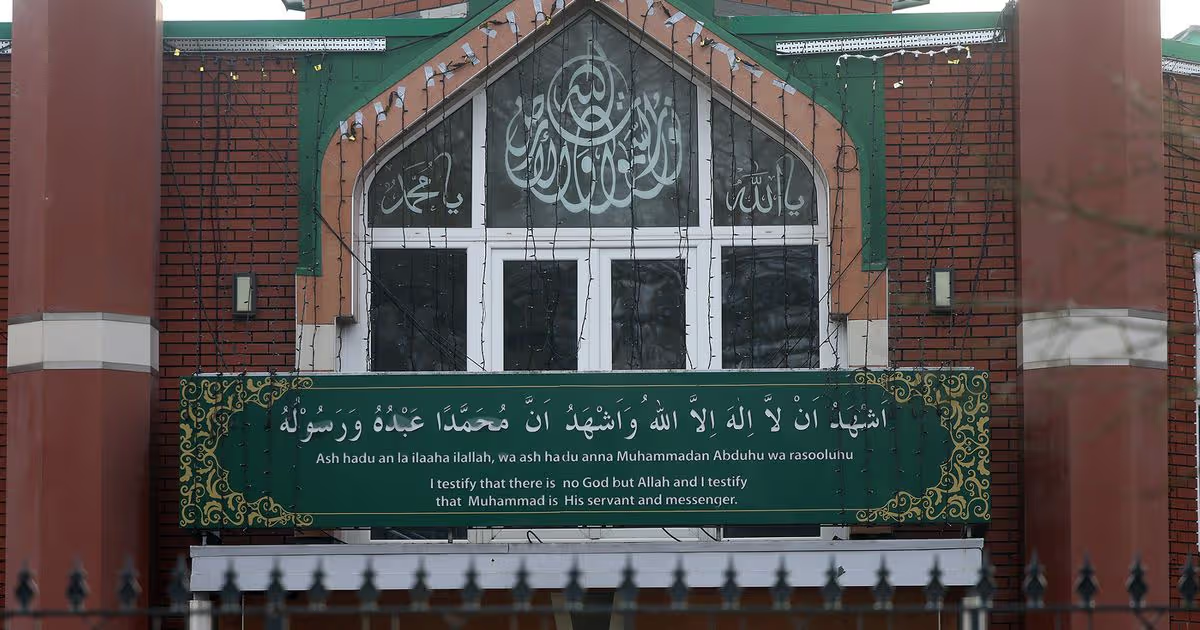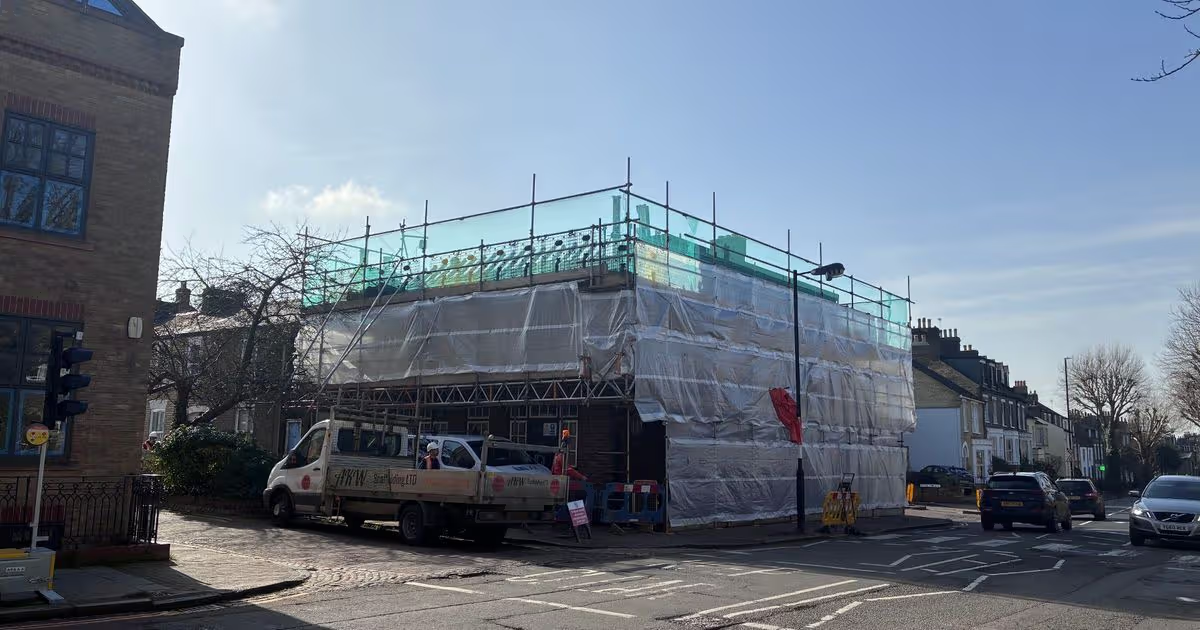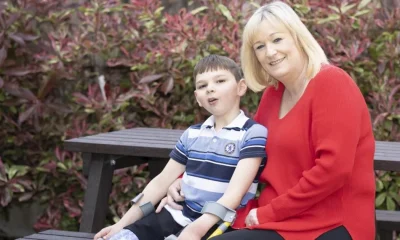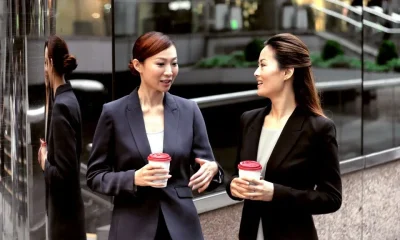Manchester United supporters are set to be left less than impressed as the calendar for the 2026/27 Premier League campaign starts to take shape
Manchester United face the prospect of not playing over the Easter weekend next season following a controversial change by FIFA.
The Daily Mail is reporting that in a tradition-defying move, FIFA have shifted the international break to encompass Good Friday and Easter Monday next season. The Sky Bet Championship is also likely to be affected by the change, which will see domestic fixtures restart with the quarter-finals of the FA Cup on April 3.
The first international break of 2027 will include Good Friday (March 26) and Easter Monday (March 29), with games set to be played on Saturday and Tuesday. The Premier League – which usually stages one round – and the second tier will subsequently be out of action.
The first Easter Saturday match took place in 1889, and games over the Easter period have been a staple for more than 100 years.
Try MEN Premium NOW for just £1
The FA Cup quarter-finals will be played over Easter weekend this season, with a round of games in the Championship set to take place on Good Friday and another on Easter Monday.
The latest tradition-defying move in the game comes after just one top-flight fixture was played on Boxing Day this season.
United’s 1-0 win over Newcastle United at Old Trafford was the only game played on December 26, with most of the games being played the next day. But the Premier League have already confirmed that fans can expect a return to a more familiar Boxing Day schedule next season, as Boxing Day this year will fall on a Saturday, rather than last year when it fell on a Friday.
FOLLOW OUR MAN UNITED FACEBOOK PAGE! Latest news and analysis via the MEN’s Manchester United Facebook page
In terms of international breaks for next season, it has also already been confirmed that the Premier League and Championship will pause following September 19 and then not restart until October 10.
The move to switch to an extended September break was approved by the FIFA Council in March 2023 and will also ensure there will be an extra week of domestic football in the calendar.
There are currently five international breaks each year which take place in March, June, September, October and November. Each lasts two weeks and allows nations to play a maximum of 10 matches, aside from major tournaments such as the World Cup, European Championship, Copa America, Africa Cup of Nations, Gold Cup or Asian Cup.
Ensure our latest sport headlines always appear at the top of your Google Search by making us a Preferred Source. Click here to activate or add us as Preferred Source in your Google search settings



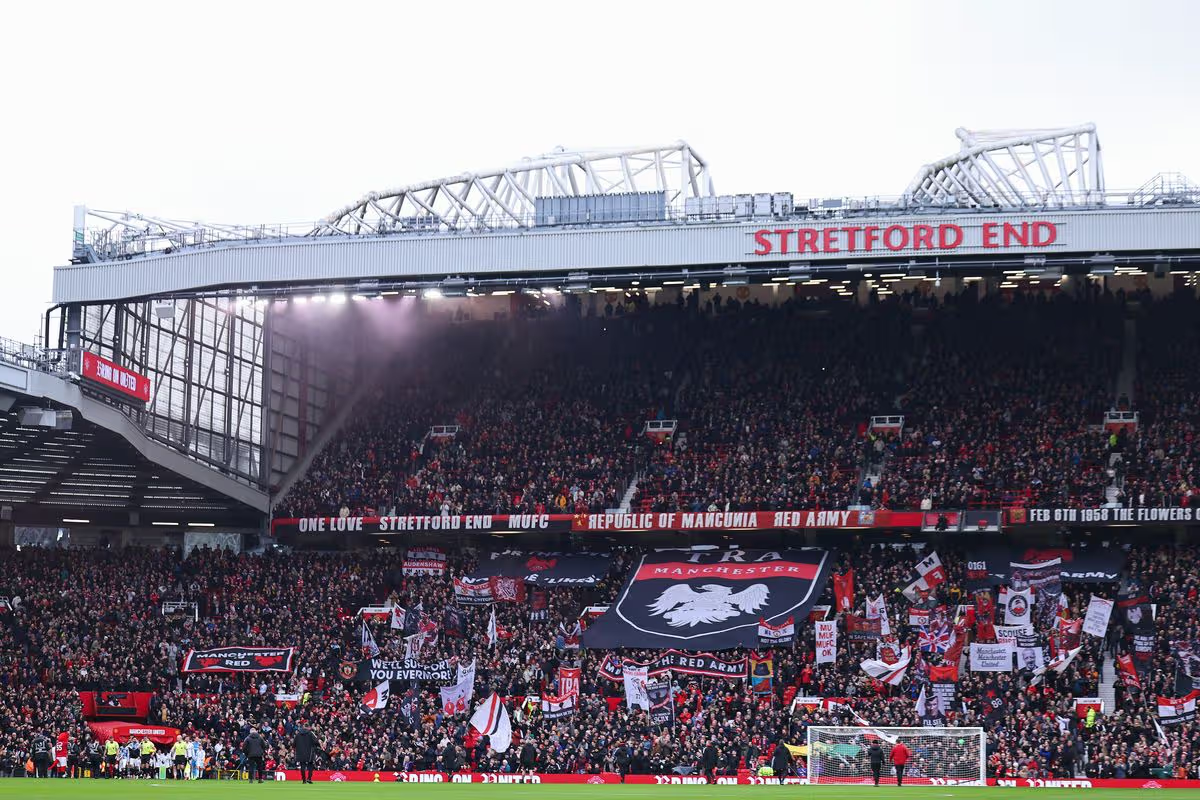






 Indiana’s Josh Hoover has to be on top of any list. Targeting rule changes are being proposed to try to lessen the penalties for players who are flagged for it.
Indiana’s Josh Hoover has to be on top of any list. Targeting rule changes are being proposed to try to lessen the penalties for players who are flagged for it. 



















